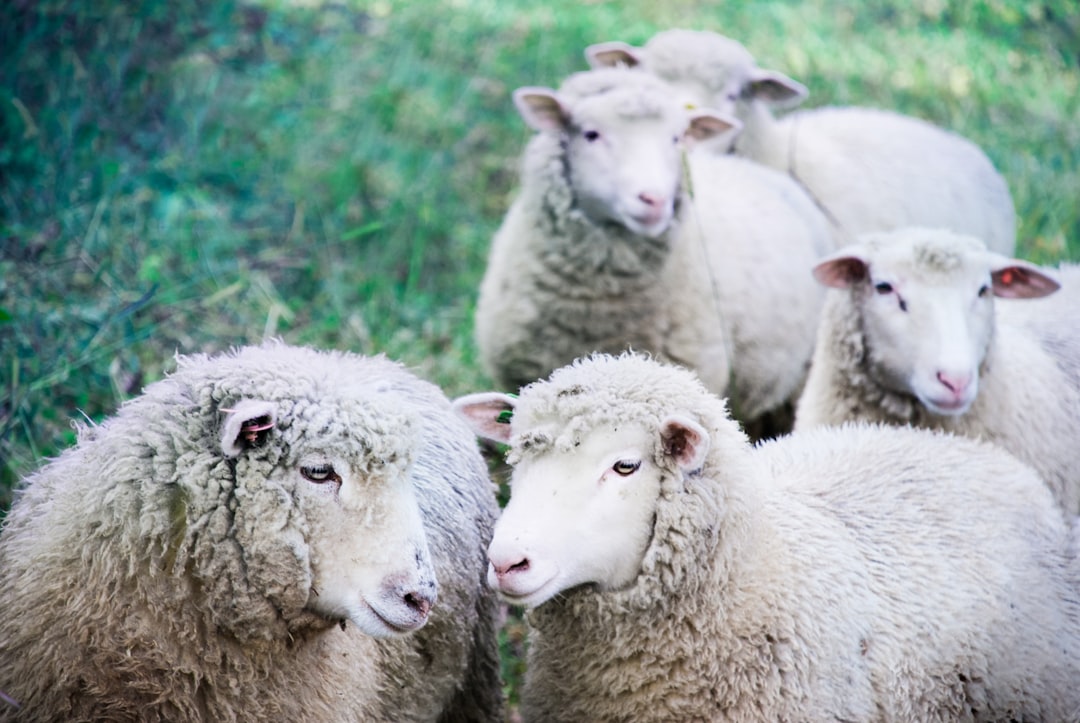Sheep are susceptible to a variety of health concerns that can impact their productivity and welfare. Effective management practices are crucial for preventing and managing these issues, ensuring a healthy and thriving flock. This post explores common health concerns in sheep and discusses strategies for their management.
Common Health Concerns
-
Internal Parasites: Internal parasites, such as roundworms, tapeworms, and protozoa, are a major health concern for sheep. The barber pole worm (Haemonchus contortus) is particularly problematic, causing anemia and bottle jaw.
-
Foot Diseases: Foot rot and foot scald are prevalent hoof diseases in sheep, leading to lameness and reduced productivity. These conditions are often exacerbated by wet or dirty conditions.
-
Clostridial Diseases: Diseases like tetanus, blackleg, and pulpy kidney are significant threats to sheep health. These conditions can cause sudden death and are often preventable through vaccination.
-
External Parasites: External parasites such as lice, ticks, and keds can cause discomfort and stress, leading to reduced productivity and increased susceptibility to other diseases.
Effective Management Practices
-
Parasite Control:
-
Strategic Deworming: Implement targeted deworming based on fecal egg counts to minimize resistance and reduce parasite loads.
-
Pasture Rotation: Rotate pastures to break parasite lifecycles and reduce reinfection.
-
-
Vaccination Programs:
-
Core Vaccinations: Ensure all lambs are vaccinated against critical diseases such as pulpy kidney and tetanus.
-
Booster Shots: Administer booster vaccinations annually to maintain immunity.
-
-
Nutritional Management:
-
Adequate Nutrition: Provide a balanced diet to support immune function and overall health.
-
Mineral Supplementation: Ensure adequate mineral intake, particularly cobalt for vitamin B12 synthesis.
-
-
Environmental Management:
-
Clean Shelter: Provide clean, dry shelter to protect sheep from weather extremes and reduce disease risk.
-
Proper Fencing: Maintain secure fencing to prevent escapes and protect against predators.
-
-
Monitoring and Record Keeping:
-
Regular Inspections: Monitor sheep daily for signs of illness or injury.
-
Health Records: Maintain detailed health records to track vaccinations, treatments, and disease incidence.
-
Conclusion
Managing the health of sheep requires a proactive approach that includes parasite control, vaccination, nutritional management, and environmental stewardship. By implementing these strategies, farmers can reduce disease incidence, improve flock productivity, and enhance animal welfare. As the agricultural industry continues to evolve, adopting effective health management practices will remain crucial for sustainable sheep farming.
Citations:
- https://www.sheepandgoat.com/overviewsheepdiseases
- https://www.farmstandapp.com/3793/what-are-the-best-management-practices-for-sheep/
- http://extension.msstate.edu/publications/sustainable-parasite-control-for-sheep-and-goats
- https://www.sheep101.info/201/diseasesa-z.html
- https://farmonaut.com/precision-farming/mastering-young-stock-health-farmonauts-guide-to-sustainable-sheep-farming-and-precision-animal-management/
- https://pubs.nmsu.edu/_b/B112/
- https://www.business.qld.gov.au/industries/farms-fishing-forestry/agriculture/animal/industries/sheep/health/manage
- https://www.msdvetmanual.com/management-and-nutrition/preventative-health-care-and-husbandry-of-sheep/general-management-of-sheep

Comments
No comments yet. Be the first to comment!
You must be logged in to comment. Login